
SEOUL, May 22 (Xinhua) -- South Korea's economic effectiveness remained low compared with those in advanced economies, indicating that the economy depended on quantitative expansion in labor and capital for its growth, the local think tank said Wednesday.
Total factor productivity, which measures economic effectiveness, of South Korea accounted for 3.15 percent of its economic growth between 1981 and 2005, lower than 14.58 percent for the United States and 21.65 percent for Germany and 7.39 percent for Japan, according to the report by the Hyundai Research Institute (HRI).
The total factor productivity, also called multi factor productivity, refers to a variable which accounts for effects in total output not caused by traditional inputs such as labor and capital. The variable represents effectiveness and productivity that an economy has, or qualitative level of an economic system.
The think tank stressed that the country's intensive growth should be achieved by nurturing knowledge capital such as creative idea and innovation rather than quantitative expansion in production factors such as labor and capital.
To achieve the intensive growth, South Korea should enhance the efficiency of research & development (R&D) investment that was the lowest among OECD member countries, the think tank said.
The country should also expand its investment into higher education to improve labor productivity, while pushing to develop the local financial market to back up the real economy.
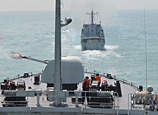
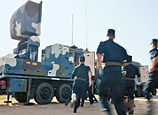



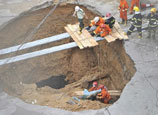

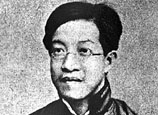

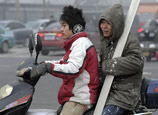






 Steel roses: woman police in training
Steel roses: woman police in training


![]()
